There are moments in life that transcend the boundaries of language, where words fall short and emotions run too deep for verbal expression. In these profound instances, music emerges as the universal translator of the human soul, carrying meanings that syllables cannot convey. Throughout history, songs have served as emotional proxies, giving voice to our most complex feelings when our own vocabulary fails us.
The power of music to express the inexpressible lies in its unique ability to bypass cognitive processing and speak directly to our emotional centers. A particular melody can evoke nostalgia for moments we never lived, while certain chord progressions can make our hearts ache with sorrow we haven't experienced. This phenomenon explains why we often struggle to articulate why a specific song moves us—it communicates through a channel that operates beyond linguistic constraints.
When heartbreak renders us speechless, countless individuals have turned to Adele's "Someone Like You" to articulate their pain. The raw vulnerability in her voice, combined with the piano's melancholic progression, gives form to the hollow ache of lost love. Similarly, Leonard Cohen's "Hallelujah" has become the anthem for bittersweet moments that contain both joy and sorrow, its biblical references and emotional complexity providing a container for feelings too contradictory for simple explanation.
In times of overwhelming joy or triumph, Pharrell Williams' "Happy" has become the default expression of uncontainable elation. The infectious rhythm and simple lyrics capture a euphoria that often leaves people literally speechless. For many, this song gives permission to express happiness without reservation, putting into sound the liberation of pure, unadulterated joy.
Political and social movements have consistently used music as their voice when facing oppression. During the Civil Rights Movement, "We Shall Overcome" became more than a song—it became a declaration of resilience when legal and social systems provided no voice for African Americans. The song's power lay in its ability to express both the struggle and the hope simultaneously, creating a collective expression that individual words could never achieve.
Personal transformation often finds its voice in music as well. Katy Perry's "Firework" has become synonymous with self-realization and empowerment, particularly for young people discovering their identity. The song gives voice to that moment of recognizing one's own worth and potential—a realization that frequently leaves individuals without words but filled with feeling.
Even in our daily frustrations, songs provide the catharsis we need. Queen's "Bohemian Rhapsody" has become the go-to expression for those moments of utter bewilderment and existential confusion. The song's dramatic shifts and seemingly nonsensical lyrics perfectly capture those days when nothing makes sense, yet we must continue forward.
The connection between music and memory creates another layer of expression. Certain songs become forever tied to specific people, places, or periods in our lives. When we hear these songs years later, they express not just emotions but entire histories—summoning memories more vividly than photographs or stories ever could. This explains why we often say that a particular song "takes me back" to a moment we struggle to describe with words alone.
Cultural differences further demonstrate music's unique expressive power. While languages create barriers between people, music often builds bridges. A person who doesn't speak a word of Spanish can still feel the passion in flamenco music, just as someone unfamiliar with Japanese can appreciate the melancholy beauty of traditional enka songs. This universal quality makes music the perfect medium when we want to communicate across cultural divides.
Scientific research has begun to uncover why music possesses this extraordinary ability to express what words cannot. Studies using fMRI technology show that music activates multiple areas of the brain simultaneously, including regions associated with emotion, memory, and even motor control. This neural symphony creates a rich tapestry of experience that language, which primarily engages discrete language centers, cannot replicate.
The business world has capitalized on this phenomenon, using carefully selected music in advertising to evoke specific emotions that words alone might fail to convey. Film scores manipulate our emotional responses to scenes, telling us how to feel about visual information that might otherwise remain emotionally ambiguous. In these contexts, music doesn't just enhance communication—it becomes the primary communicator.
In personal relationships, sharing music has become a modern form of emotional expression. The act of saying "this song reminds me of you" or creating shared playlists represents a new vocabulary of affection. For many, especially those who struggle with verbal emotional expression, sharing music becomes their most authentic way of communicating care and connection.
As technology evolves, so does our relationship with musical expression. Streaming platforms now create personalized playlists that seem to understand our emotional states better than we can articulate them ourselves. These algorithms detect patterns in our listening habits that correspond to moods we haven't even identified, providing a musical mirror to our inner lives.
The therapeutic community has embraced music's expressive capabilities through formal music therapy practices. For individuals with trauma, autism, or neurological conditions that impair verbal communication, music provides an alternative pathway for expression and connection. Patients who cannot describe their experiences in words can often play them on instruments or through vocalization.
Ultimately, the question of which song speaks for us when we cannot speak for ourselves has no single answer. The appropriate song varies by person, circumstance, and emotion. What remains constant is music's enduring role as humanity's emotional surrogate—giving voice to the voiceless, expression to the inexpressible, and communion to the isolated. In a world increasingly filled with words, music reminds us that some truths are better felt than stated, and that the deepest human connections often happen in the spaces between syllables.
As we continue to navigate the complexities of human experience, we can take comfort in knowing that when language fails us, the perfect song is waiting to speak on our behalf. This timeless partnership between music and emotion ensures that no feeling is ever truly left unexpressed—it simply awaits its musical translation.
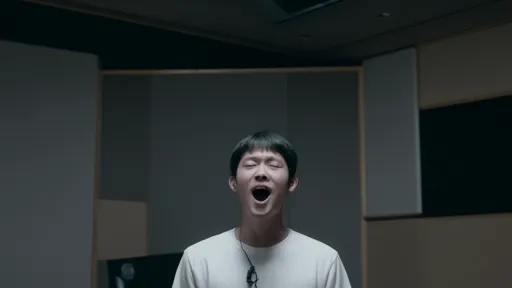
By /Aug 22, 2025

By /Aug 22, 2025

By /Aug 22, 2025
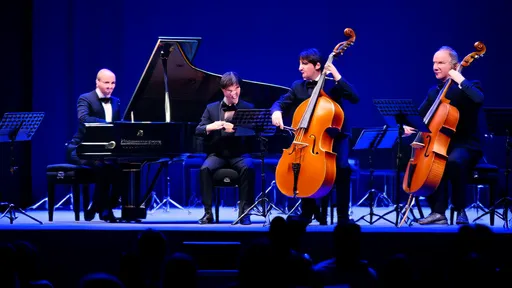
By /Aug 22, 2025
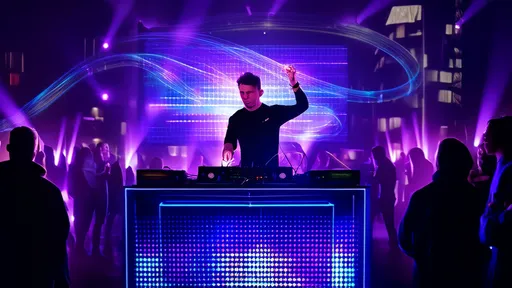
By /Aug 22, 2025
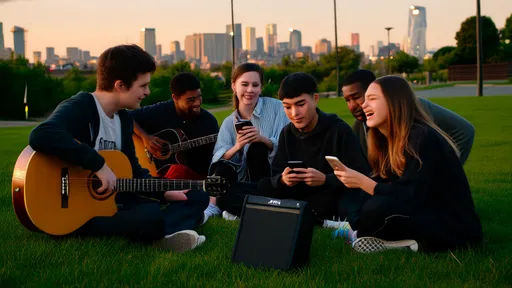
By /Aug 22, 2025

By /Aug 22, 2025

By /Aug 22, 2025

By /Aug 22, 2025

By /Aug 22, 2025

By /Aug 22, 2025

By /Aug 22, 2025
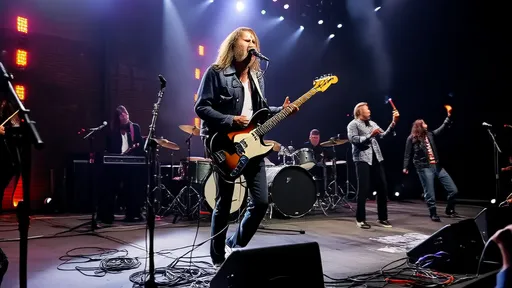
By /Aug 22, 2025

By /Aug 22, 2025

By /Aug 22, 2025
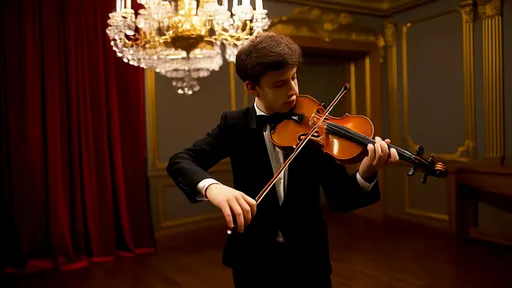
By /Aug 22, 2025

By /Aug 22, 2025
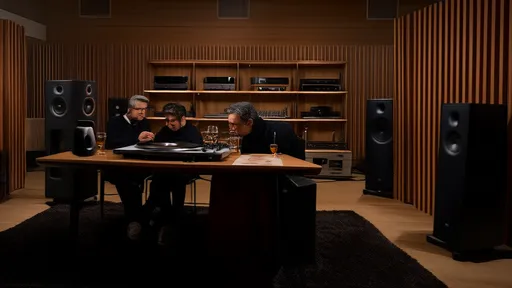
By /Aug 22, 2025

By /Aug 22, 2025

By /Aug 22, 2025